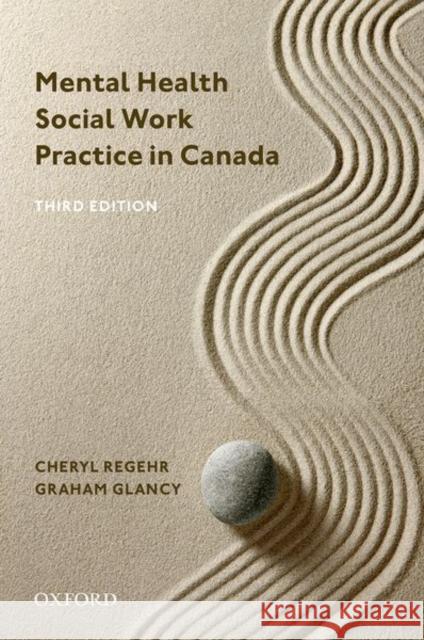Mental Health Social Work Practice in Canada » książka
topmenu
Mental Health Social Work Practice in Canada
ISBN-13: 9780199037032 / Angielski / Miękka / 2021 / 384 str.
Kategorie:
Kategorie BISAC:
Wydawca:
Oxford University Press, Canada
Język:
Angielski
ISBN-13:
9780199037032
Rok wydania:
2021
Ilość stron:
384
Waga:
0.55 kg
Wymiary:
23.65 x 15.67 x 1.78
Oprawa:
Miękka
Wolumenów:
01
Dodatkowe informacje:
Glosariusz/słownik











